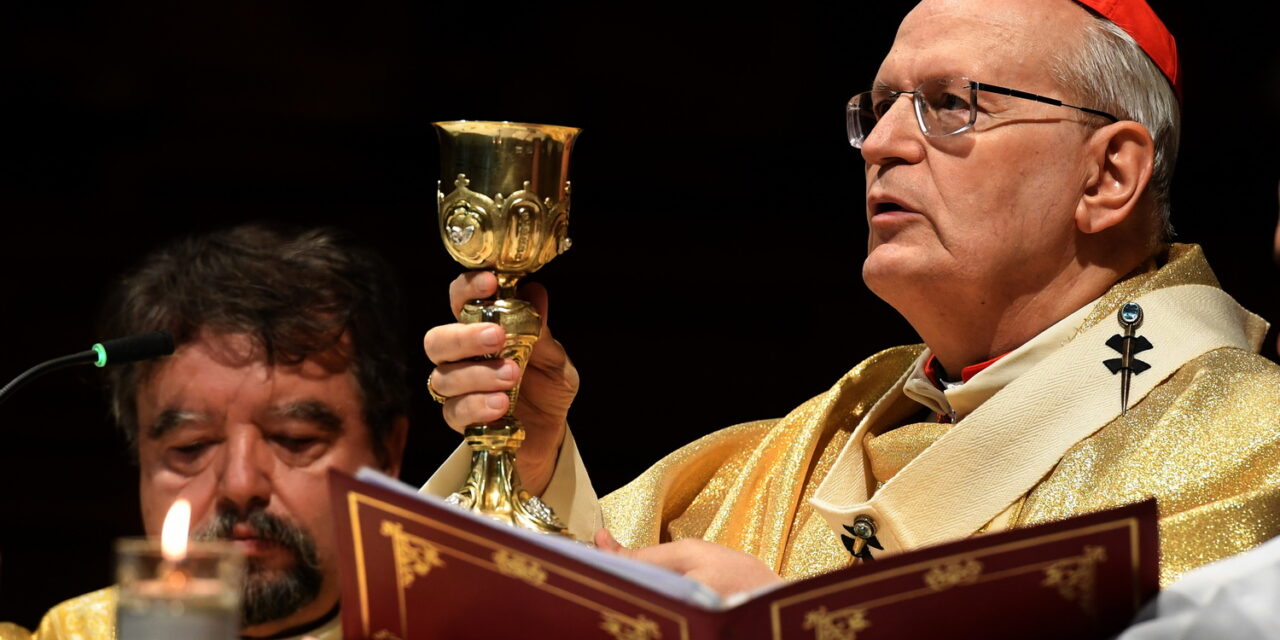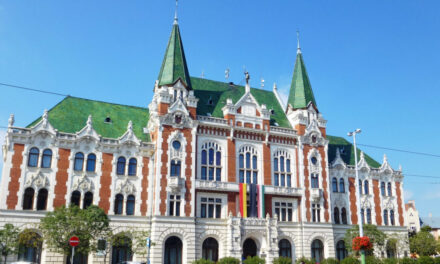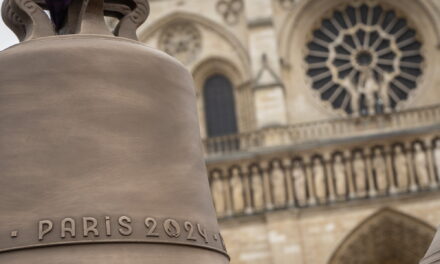We believe that we can communicate with God personally in our prayers, and that he has an impact on the fate of humanity - Cardinal Péter Erdő, Archbishop of Esztergom-Budapest told MTI on the occasion of Christmas, stressing that this is why we cannot stop praying for peace.
The cardinal spoke about: we do not know exactly how and when God, but we believe that somehow he intervenes in the affairs of the world. Therefore, our "devotional plea" is aimed at asking for peace in our personal relationship with God, asking for his help in our history, in our environment.
He added:
since the outbreak of the war in Ukraine, Catholic communities have been praying for peace in St. Stephen's Basilica and elsewhere.
Péter Erdő spoke about the following: people have hope in any difficult situation, and this hope is given by Jesus. Because if God was born as a man, died and rose again, then our human life does not end with death either, our vocation is more than earthly life. This is the true perspective of our lives.
The cardinal said: " Christ is our hope, because his resurrection carries the promise that we too will be resurrected." This short statement is the essence and the glad tidings of the entire Christ event, and therefore, in addition to love, the celebration of hope is the birth of Jesus.
Péter Erdő also spoke about how the 2025 holy year, which will be opened by Pope Francis on Christmas Eve in Rome, was given the motto " pilgrims of hope ". This hope can be of many kinds: we hope for the mercy of God, who can forgive us and our fellow human beings, and we also hope that here on Earth he will help us with our minor and major troubles.
Speaking about the holy years, he recalled:
the jubilee year is the Christian continuation of the jubilee year in the Old Testament. The jubilee year held every fifty years was an occasion for complete reconciliation and the return of property taken from its owner.
We don't know exactly how much it prevailed in practice, but the ideal of opening a clean slate every fifty years, getting rid of debt and unfair conditions, and leaving the lands fallow to rest, is also a very current idea from an ecological point of view.
He said: the Christian holy year is also connected with the forgiveness of sins following Christ's redemption, which, however, requires repentance.
First, VIII. In 1300, Pope Boniface proclaimed a jubilee year in memory of the ancients. At first, a holy year was held every 100 years, the time between jubilees gradually decreased to 25 years. Obtaining absolution was always linked to some good deed, primarily penance, and penance could be a pilgrimage, which was a serious or even dangerous ordeal for medieval people.
He added: farewells were also attached to other good deeds, but in the holy year they were specifically linked to the pilgrimage. This tradition is expressed in the decree of Pope Francis, who gave the theme of the Pilgrims of Hope to the 2025 Holy Year.
The purpose of the pilgrimage does not necessarily have to be Rome, Pope Francis has allowed that in every diocese it is possible to receive the complete farewell in the cathedral, in other churches with the title of " minor basilica" , or in other places based on the special decision of the chief pastor.
At the same time, the cardinal stressed, prayer has been increasingly emphasized during pilgrimages in recent decades. In the past, many people did not express their devotion and repentance in words, it was enough to make certain gestures. Pilgrimage, however, is no longer just a physical act.
Péter Erdő also spoke about: today religious tourism is in fashion, but the pilgrim, in contrast to the religious tourist, does not visit holy places with an interest in sacred art or history, and is not only looking for aesthetics, even if he is looking for accommodation, food, and transportation in the same way needs, just like the tourist.
Of course, a long walk can have mental health benefits, but pilgrimage is more than that: the pilgrim goes somewhere and to someone, with a request or to give thanks for something. Pilgrimage therefore always has a supernatural dimension, the pilgrim sets out in order to come into personal contact with God.
Speaking about the number of Catholics, Péter Erdő said: in the Archdiocese of Esztergom-Budapest, especially in many parishes on the Pest side of the capital, the number of baptisms decreased even more than the decrease in population, there are many who have no connection with either the Catholic or any other church. At the same time, statistics are improving in the agglomeration.
In addition, it is a new phenomenon in Budapest that St. Stephen's Basilica, the downtown and other churches are also full during the English-language Masses. A large number of African, Filipino, Vietnamese communities and people from other parts of the world regularly practice their religion in the capital's churches.
„I don't know where their permanent residence is, what kind of citizen they are, but I see that they are Catholic believers who practice their religion„
- he said, adding that he sees the signs of the times in this.
The cardinal spoke of the public education institutions maintained by the church as a great mission field, but at the same time a difficult task. Through these institutions, many are not religious, but at the same time are open to the Church, as they meet families who send their children to a Catholic school.
These children must be approached with great care and empathy, he said, adding that they were slowly preparing for this task as well.
In his view, spiritual movements dealing with youth ministry, such as the Shalom community, have found a good direction. At their diocesan meeting, these groups reported on their work and how many young people joining them are preparing for baptism. And this clearly shows that it is possible to come to the Catholic faith as an adult, even from afar.
MTI
Cover photo: Cardinal Péter Erdõ, Archbishop of Esztergom-Budapest, celebrates Mass at the Cathedral of Our Lady and Saint Adalbert in Esztergom on All Saints' Day, November 1, 2024.
MTI/Attila Kovács













